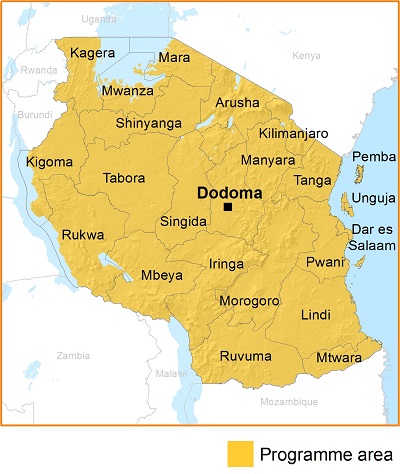Agricultural Services Support Programme
IFAD Asset Request Portlet
Asset Publisher
Agricultural Services Support Programme
Agricultural Services Support Programme
The programme targets a broad section of the country’s farming population, with a particular focus on the poorest households, including landless labourers, women, households headed by women and orphans, and HIV/AIDS-affected smallholders. These poor farmers are held back by lack of access to technology, financing, markets and natural resources.
The programme will work to improve agricultural productivity by:
- promoting farmer’s organizations to prioritize and manage development needs
- strengthening linkages between farmers and local and central government as well as the private sector
- improving access to relevant agricultural knowledge and technologies
- promoting policy changes in favour of poor farmers
Source: IFAD

President's reports
President's reports
Project design reports
Supervision and implementation support documents
Supervision and implementation support documents
Supervision mission, May 2013
Year: 2013
Environmental and social impact assessment
Final environmental and social management framework
Interim (mid-term) review report
Resettlement action framework
PCR digest
Special study
Project list
Audit and Financial Statements
Project completion report
Co-financiers
Related
Related
Impact assessment: Agricultural Sector Development Programme–Livestock (ASDP-L) and Agriculture Service Support Programme (ASSP)
December 2018
Despite decades of research and development of technologies and innovations which improve farming practices and productivity, small farmers in Tanzania continue to use technologies and practices which do not favour high yields and economic returns.